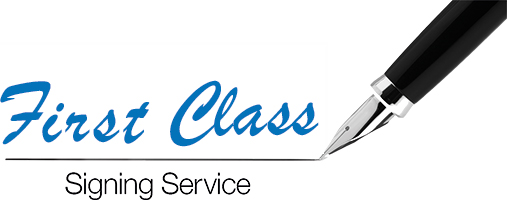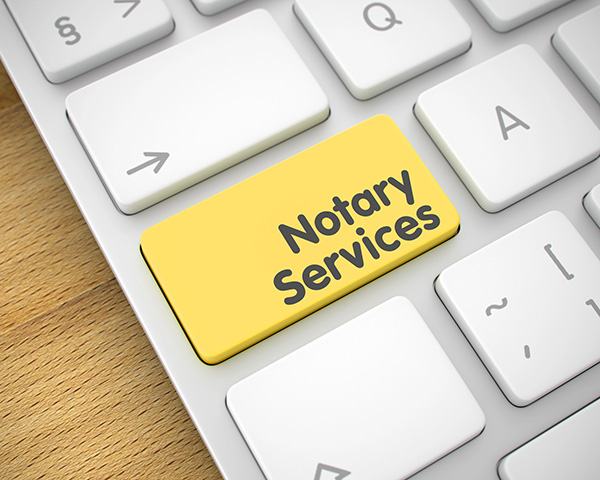If you or your business deal with legal documents on a regular basis, you can significantly boost efficiency and stay compliant with government regulations by fully educating yourself about notary services. Unfortunately, there are many misconceptions about exactly what modern notaries public provide.
Spreading by rumor and disinformation, some of these misconceptions are as old as notarization itself. Others have arisen due to confusion about digital technological advancements in the field.
Read on to learn the truth about five of the most common notary myths today.
Misconception #1: Notaries Can Offer Legal Advice
The truth: Because they often handle and process legal documents, many people mistakenly assume that notaries are fully qualified legal professionals. It is extremely important to note that notaries are NOT attorneys and, therefore, are NOT authorized to interpret legal documents or provide legal advice.
Misconception #2: Notarization Guarantees the Legality of a Document
The truth: While notarization plays an important role in document verification and fraud prevention, it is far from a “cure-all” when it comes to ensuring that any given document is legally binding and that the stipulations it contains are fully enforceable. In fact, the power of a notary to validate a document is quite specific and, therefore, limited.
Notaries play the quite vital but highly targeted role of verifying the signatures on a document and confirming the identities of all signees. Notaries do not comment on the legality of the document itself. An inherently illegal document will be deemed illegal in a court of law even if it bears a notary stamp.
Misconception #3: All Notary Services Are the Same
The truth: For centuries, people and businesses with documents requiring notarization had only one option: to travel to the office of a notary public. While this type of traditional notarization is still alive and well, there are far more convenient forms of notarization today. Defined by notaries who travel at the request of their clients, mobile notarization occurs in person at the location of your choice.
Powered by advanced digital technology such as video conferencing and electronic validation, remote online notarization (RON) occurs entirely online. It may take place in virtual reality, but RON is very real in terms of the validation and authentication that it provides. Like traditional notaries, mobile notaries and RON notaries must hold commissions from the governments of the states in which they operate.
Misconception #4: Notarization Is Always Legally Required
The truth: Notary services are a standard part of doing business in a broad spectrum of industries, sectors and markets. However, not all documents need a notary stamp to be considered legally authentic and valid.
Documents that commonly require notarization include:
- loan documents
- investment agreements
- mortgages
- real estate deeds
- powers of attorney
- affidavits
- trusts
- passport applications
Even if it isn’t required, these documents can benefit from the legal security that notarization provides:
- wills
- bills of sale
- legal contracts
- many other financial documents
These official government documents are exempt from notarization:
- birth certificate
- marriage certificate
- death certificate
Misconception #5: Remote Online Notarization Is Less Secure
The truth: Although people may assume differently, remote online notarization (RON) is extremely reliable, accurate and secure. In fact, it has proven to be just as safe and valid as any other form of notarization. Confident in the advanced technologies that RON employs to verify and handle documents, 46 of the 50 U.S. states now support this form of notarization and protect it under law.
Don’t Be Fooled by Widespread Misconceptions
You must fully understand the capabilities and limitations of notaries public and notarization processes so that you can cover your legal obligations while safeguarding your transactions’ validity. Make better-informed decisions about using notary services effectively by educating yourself on this essential component of preparing, filing, administering and defending document-based assertions and transactions.
To learn more or to secure your choice of traditional, mobile or remote online notarization services, contact First Class Signing Service today. We operate across the United States, so visit our “Request a Signing” page to find a notary near you.
Need a Signing Today?
First Class Signing Service’s home office is in Livermore, California, but we pride ourselves on delivering all-in signing solutions to clients nationwide, covering all 50 states and four U.S. territories.
What sets us apart is our exceptional team of 50,000-plus highly qualified signing agents who are dedicated to providing reliable and efficient signing services with utmost care and professionalism.





